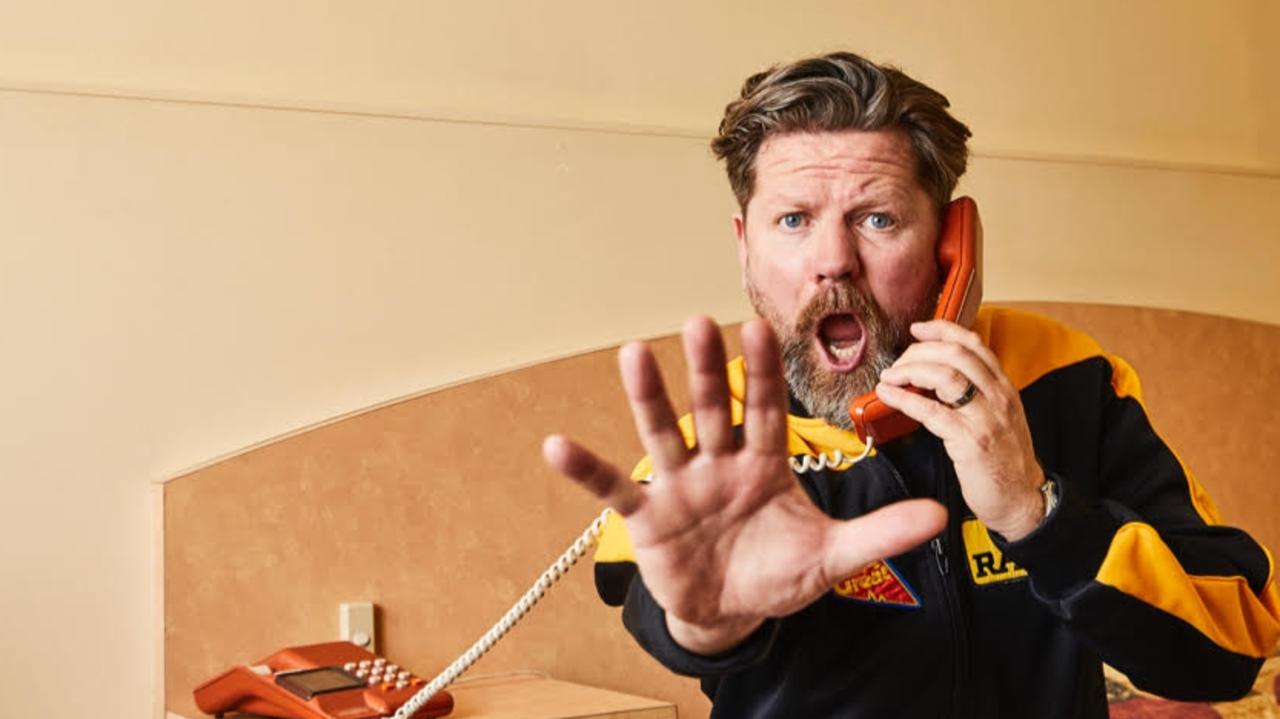
A busy Monday afternoon at a buzzy shopping strip. I’m at a petrol station with a cram of cars on the forecourt. A takeaway is next door. I’m in the queue, waiting for that elusive available pump. Yet the owner of the car parked in front seems to be taking a very long time. A very, very long time. Can’t reverse. Am locked in. What’s that driver up to?
Eventually he emerges, hallelulah. But not from the cash register of the petrol station – from the takeaway. With a food bag in hand. Shock, disbelief. “Did you just…?” “Yep.” He smiles, in something like triumph. As in, how clever am I, using this place as a mere carpark – and not even buying any petrol. Later, paying for my fuel, the lovely guy behind the counter shrugs with a pained expression. It happens all the time, there’s nothing he can do about his pumps being used as a convenient parking spot by some.
Ah, the new rudeness, the muscular audacity of it. And is this brave new way of being applauded in some quarters? The act was so brazen, such a shocking void of consideration for others. Was this not-seeing of others a generational thing, a city thing, a far-too-busy-to-consider-anyone-else thing? Is it because we’re so used to being in our own little orbits now, heads bowed in obedience over our illuminated rectangles, failing to properly clock those around us?
This attitude is everywhere. Another example: a laneway near a busy post office. Room for two cars to park but again and again one car stops across the centre of the spot, meaning another can’t fit ahead or behind it. Why? The lack of consideration discombobulates; are these people just unintelligent, don’t see it? This is about a thoughtfulness towards the world around you, a way of seeing – or not. The piracy of indifference is harsh.
My thrusting and triumphant takeaway dude was driving a new Porsche, so perhaps his attitude got him where he was in life, yet, yet, who would want to be that? As Goethe said, a man’s manners are a mirror in which he shows his portrait. And perhaps those blind to the needs of others don’t want that portrait altered, or care. In this world it works.
I was raised to be a people pleaser, almost supine with consideration for the needs of others, as many females are. And for years I felt nibbled away at, depleted by being that constant yes-person – often for little payment or thanks. And did being that supreme people pleaser accelerate opportunities, expand my world, bring riches to my table?
It resulted, in the end, in an exhausted sense of pleaser fatigue. I hadn’t learnt the power in sometimes saying: Actually, no.
I drill into my kids that all the little micro-aggressions of rudeness around us are a selfishness. A carelessness with others. For example, being constantly, chronically late is an incivility because it inconveniences the person waiting for you – and do you want to give them that disrespect? Tom Hanks told a Golden Globes audience a few years back about a life lesson never forgotten, with a director admonishing him for being repeatedly late to set. “‘You’ve got to show up on time’, he said, ‘you’ve got to know the text and you’ve got to have a head full of ideas. Otherwise I can’t do my job’.” That lesson changed the actor forever. “Showing up on time is one of the most liberating acts you can give yourself in a movie,” he declared, after wife Rita Wilson had vented on social media earlier that day about a makeup artist who was distressingly late.
I’m with both of them. All these micro-aggressions are about a lack of respect for others; not noticing their needs alongside our own. Living with a graceful awareness of others will only make us happier, looser and lighter in the long run. Whose side are you on?



